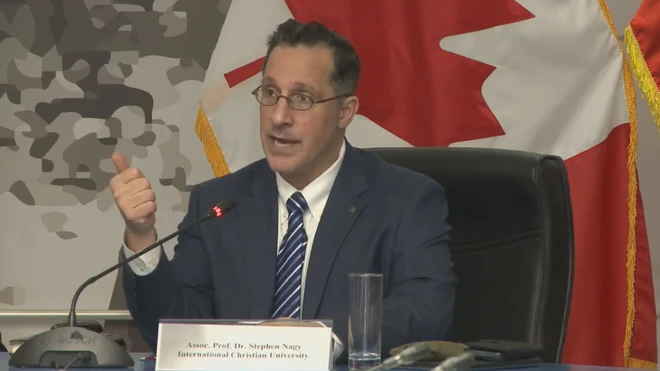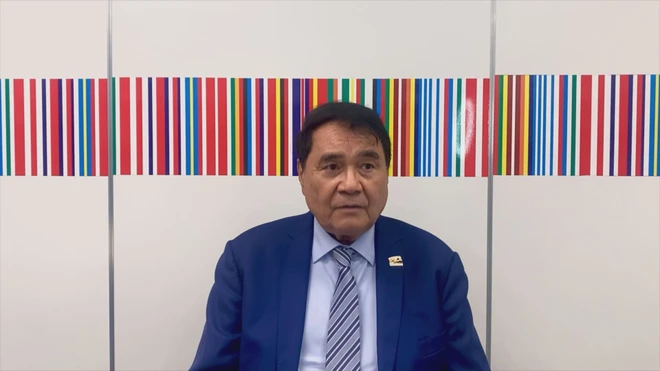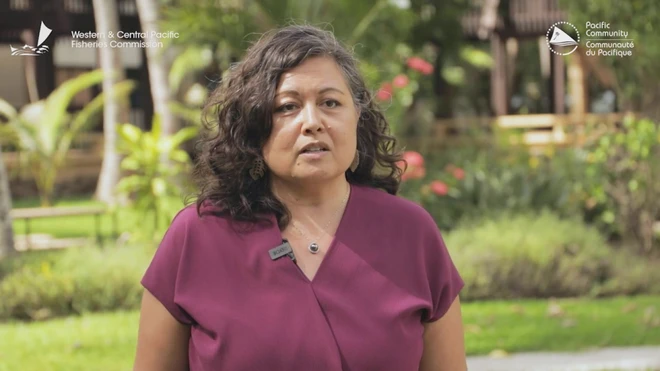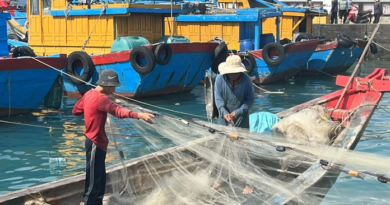Vietnam’s Efforts Against IUU Fishing: Expert Perspectives
For the past seven years, Vietnam has diligently worked to implement the European Commission’s (EC) recommendations to combat illegal, unreported, and unregulated (IUU) fishing. Since receiving a “yellow card” warning from the EC in 2017, Vietnam has made notable progress, as acknowledged by the EC delegation during their visits.
Experts anticipate that the upcoming EC inspection in October 2024 will be another opportunity for Vietnam to showcase its strong political commitment at both central and local levels and its rigorous measures against IUU fishing.

James Borton, a non-resident senior fellow at Johns Hopkins SAIS Foreign Policy Institute, told the Vietnam News Agency that Vietnamese authorities have shown a clear commitment to enhancing their legal framework, improving traceability, and ensuring transparency in the seafood trade. “These efforts highlight the importance of collaborative engagement in addressing the challenges of IUU fishing,” he said.
Borton emphasized that IUU fishing remains a significant challenge for Vietnam’s fishing industry, a vital sector of the national economy. As a response, Vietnam has taken urgent steps to enhance marine stewardship, particularly given the depletion of fish stocks in the South China Sea (referred to as the East Sea in Vietnam), one of the world’s richest fishing areas.
Recognizing its role as a major seafood exporter, Vietnam is aware of the necessity to fortify its legal framework and improve traceability and transparency, Borton added. He noted that Vietnam has implemented several measures to combat IUU fishing, such as installing monitoring systems on vessels, collaborating with Southeast Asian countries and transnational organizations, and participating in international agreements like the UN Fish Stocks Agreement and the Port State Measures Agreement. However, Borton acknowledged that further improvements are needed, particularly in enforcing regulations and regularly updating the database of licensed fishing vessels.

Stephen Nagy, Director of Policy Studies for the Yokosuka Council of Asia-Pacific Studies (YCAPS), pointed out that a key challenge for developing countries in tackling IUU fishing is the lack of advanced technology and capacity to monitor and enforce regulations. “This limitation means that the number of vessels needed to monitor and enforce laws is insufficient,” Nagy explained.
Nagy highlighted the issue of “dark vessels,” which disable their vessel monitoring systems (VMS) to engage in illegal fishing activities. “As long as these practices continue, protecting and sustaining maritime resources for future generations will remain difficult,” he said. He emphasized the need for access to technologies that can identify these dark vessels, suggesting that Vietnam should seek assistance beyond its regional partners. He cited Canada’s cooperation with the Philippines on dark vessel technology as a model for Vietnam to follow.

Jean-Jacques Bouflet, EuroCham Vice-Chairman in charge of Advocacy, noted that Vietnam has made significant progress in strengthening its legal framework and improving enforcement. However, the “yellow card” warning persists, partly due to limited resources, personnel, and enforcement capabilities. Bouflet pointed out that the effectiveness and consistent use of VMS devices remain a critical issue.
Nagy shared the view that many Southeast Asian countries, including Vietnam, face challenges in combating IUU fishing due to resource constraints, limited maritime domain awareness, and difficulties in enforcing local and international laws. As a result, experts emphasize the need to raise awareness among fishermen and seafood product buyers.

Rhea Moss-Christian, Executive Director of the Western and Central Pacific Fisheries Commission (WCPFC), warned that IUU fishing undermines sustainable fisheries management, threatening marine ecosystems and the livelihoods and food security of communities, especially in small developing island states in the Western Pacific Ocean. She highlighted Vietnam’s cooperation with WCPFC in managing migratory fish stocks and improving fisheries data collection through national and subregional activities.
Moss-Christian also noted that Vietnam hosted a Regional Workshop on Operationalizing Cooperative Mechanisms to Combat IUU Fishing in Da Nang in late April, where international and regional experts discussed enforcement efforts. Vietnam shared its national measures, including Port State activities, that contribute to combating IUU fishing in the Western Pacific and East Asia Seas.
Moss-Christian stressed that effective combat against IUU fishing requires the involvement of all stakeholders. She outlined key factors for success, including whole-of-government coordination, data sharing, collaboration among national and regional agencies, and cooperation with neighboring countries to share best practices and information on maritime threats.
EuroCham, drawing on its experience in promoting sustainability, expressed its willingness to collaborate with relevant parties, such as the Vietnam Association of Seafood Exporters and Producers (VASEP), to ensure compliance with regulations in seafood exports to Europe. The upcoming Green Economic Forum and Exhibition (GEFE) hosted by EuroCham in October 2024 in Ho Chi Minh City is expected to provide a platform for exchanges on sustainability in the fishing industry.
Borton suggested that Vietnam could lead ASEAN efforts by rallying support for Regional Fisheries Management Organizations (RFMOs) and encouraging best practices in fishing governance. He emphasized that the fisheries sector is crucial for ASEAN economic integration and called for renewed focus on the Strategic Plan of Action for ASEAN Cooperation on Fisheries 2021-2025.
Borton concluded that combating IUU fishing requires the commitment of all stakeholders, from artisanal and commercial fishermen to coastal communities and the general public.


